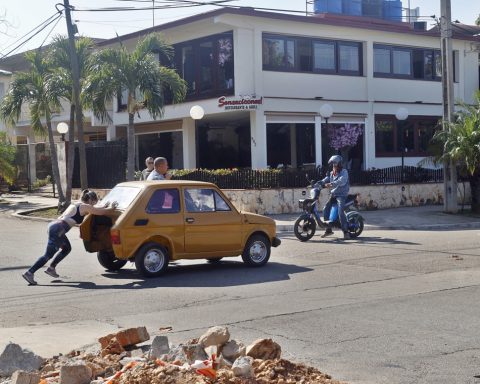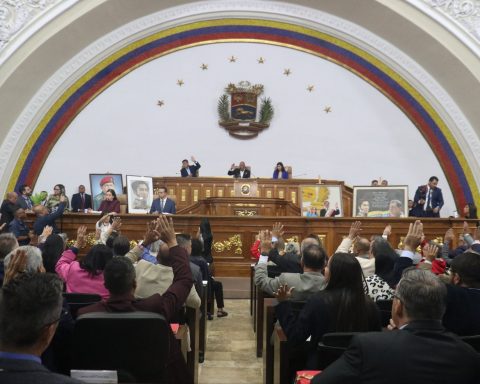
Given the priority that the Government has for the search for agreements in the area, and the good life for all its inhabitants, the Minister of the Interior, Izkia Sichesexposed before the Senate some of the axes and measures that will be taken regarding the conflict between the State and the Mapuche people.
“This is a century-old conflict that unfortunately we have not been able to address as a State and the regions of Bio Bio, La Araucanía and Los Ríos are the most affected”, were one of the first words of the intervention of the chief of staff.
You may also like:
To then explain that as a Government there is a proposal different from the one that has been tried in other political cycles: The path of dialogue and trying to bring together very distant positions in a historical conflict, which will not be resolved overnight.
Minister Siches explained that this does not mean that crimes will cease to be prosecuted when they occur, but neither can the judicial route be exclusive.
In 2013, 300 acts of violence were recorded according to Carabineros data in the Wallmapu territory. That has grown more than 400%. From 305, it has increased to more than 1,700 acts of violence in 2021.
After enunciating these figures, the minister expressed that “it hurts us, it worries us and we believe that we need to solve it as a State, with all the powers. With substantive solutions, not headlines or measures that have already failed”.
The head of the portfolio also referred to the work that they have been articulating with different United Nations entities, in addition to seeing how other states, such as Canada, have handled the problems with their native peoples.
The strategy to address the conflict between the State and the Mapuche people, in addition to the critical economic and social situation of the affected regions, contains 5 pillars. These are:
1. Commission for the Truth and Historical Clarification in the intercultural conflict: The objective of the commission is to grant recognition and reparation to the victims (Mapuche and non-Mapuche) of the conflict.
2. Parliaments and territorial dialogues: Space for long-term political dialogue that rebuilds trust.
3. Improve the efficiency of CONADI: Fund for Indigenous Lands and Waters. CONADI has a constant problem of budget underexecution.
4. Interministerial Agenda for Good Living: Prompt and pertinent execution of public policies to reduce poverty in the territory.
5. Security: Along with executing actions to reduce conflict, the Government will provide Carabineros with the necessary tools to adequately safeguard public order.
To close his speech and give way to the Minister of Social Development and Family, Jeanette Vega, maintained that “there is an open wound between the State of Chile and the Mapuche people. The results are the worst in 50 years. The crisis is of a magnitude that requires a response from the established power and requires international support to move forward.”
“I hope that we get out of the small fights and that we take charge of the underlying problem, through your intermediary, President, we invite all senators to participate in the construction of a new era in Chile’s relationship with its original peoples and particularly with the Mapuche people”, the Secretary of State closed her words.
















